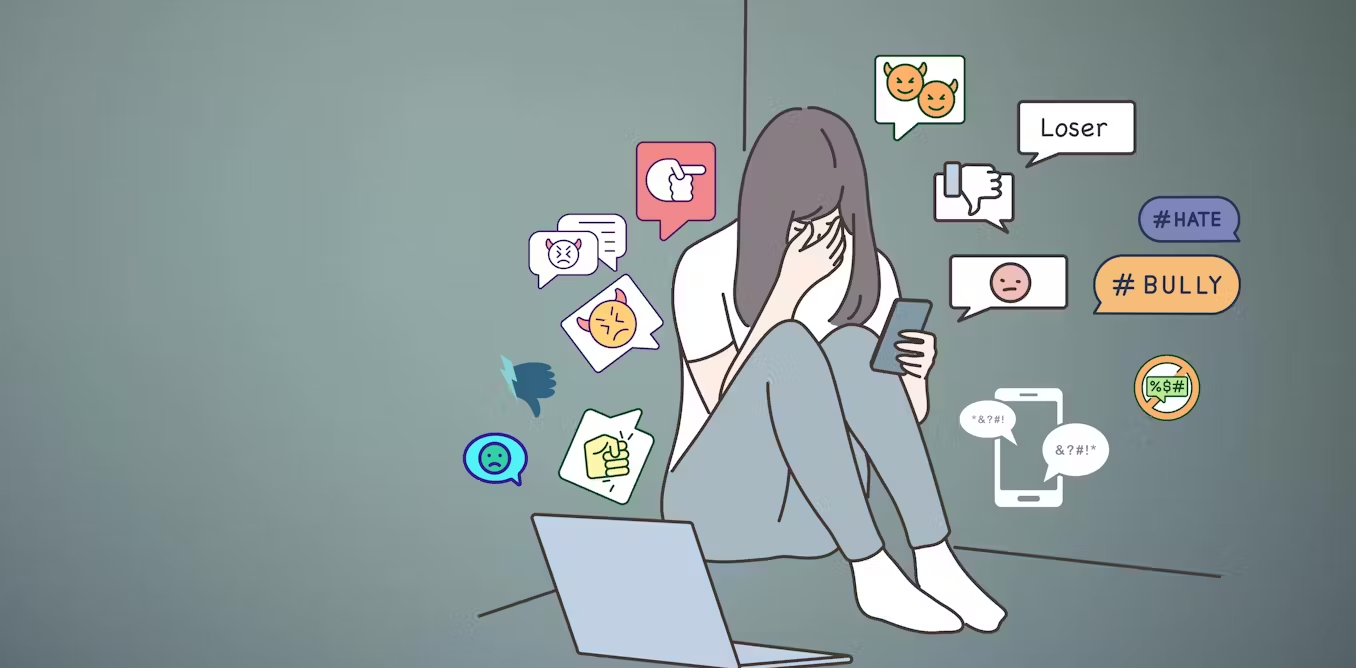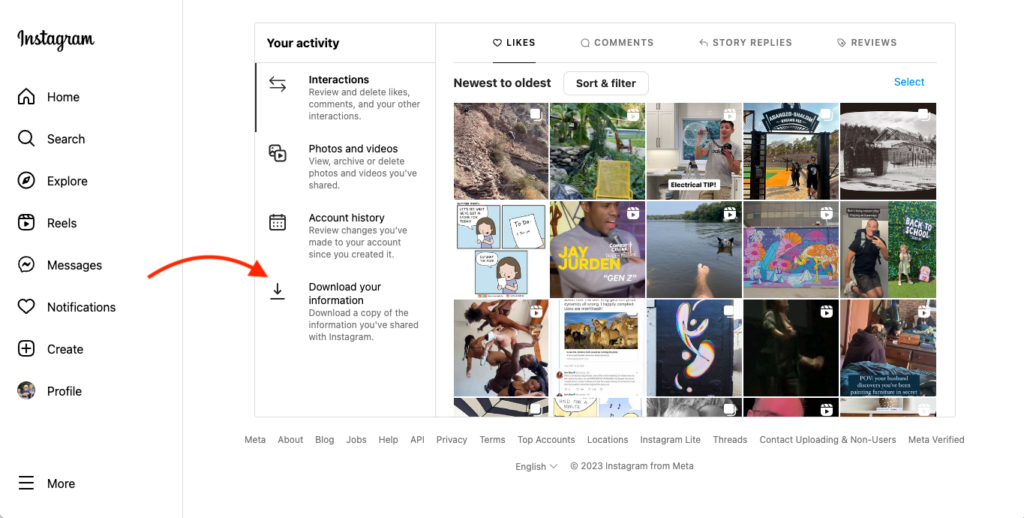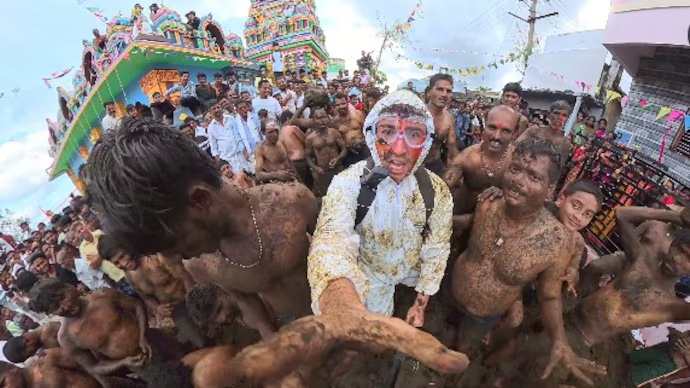Now Reading: Why Being Real Online Feels Unsafe
-
01
Why Being Real Online Feels Unsafe
Why Being Real Online Feels Unsafe

In an era dominated by social media, expressing authenticity online can feel risky. In Tier 2 cities across India, where digital platforms are rapidly connecting communities, people often hesitate to share honest opinions, struggles, or unconventional views. Fear of judgment, backlash, or ridicule pushes users to curate content that aligns with trends and expectations, making authenticity feel unsafe.
One reason is public scrutiny. Posts, comments, and even private thoughts can be shared widely, sometimes attracting criticism or trolling. The threat of negative attention discourages genuine self-expression.
Another factor is social pressure. In smaller cities, online communities overlap with offline networks, and every post can influence real-world reputation. Users may censor themselves to avoid controversy or social alienation.
Algorithms also play a role. Content that sparks strong reactions is amplified, which can magnify criticism and discourage honest sharing. Many prefer carefully crafted images and narratives over raw authenticity to maintain social approval.
Ultimately, while being real online is important for meaningful connection and mental well-being, caution often takes precedence. Balancing authenticity with privacy and understanding the risks can help users navigate the digital space more safely while retaining their sense of self.

























